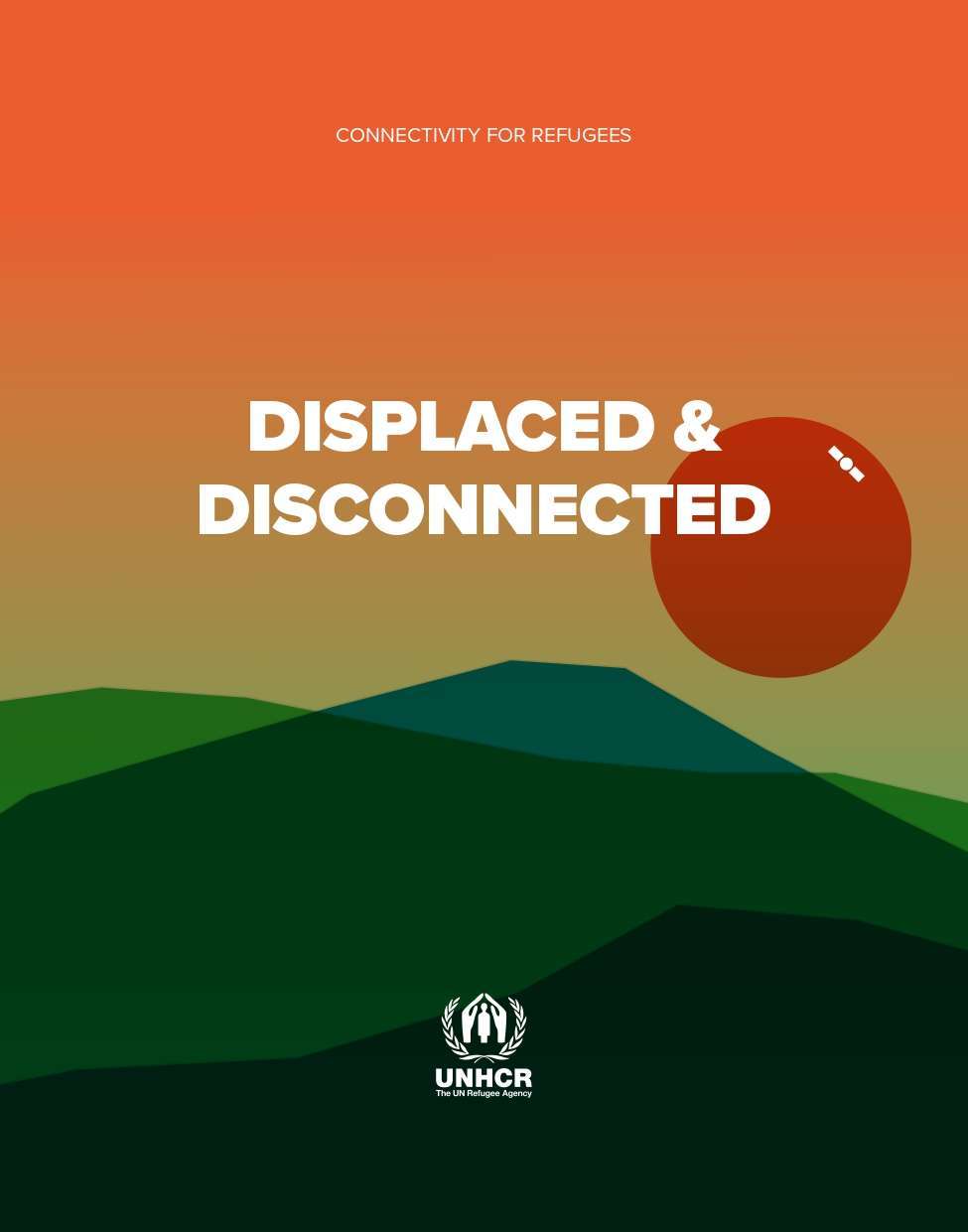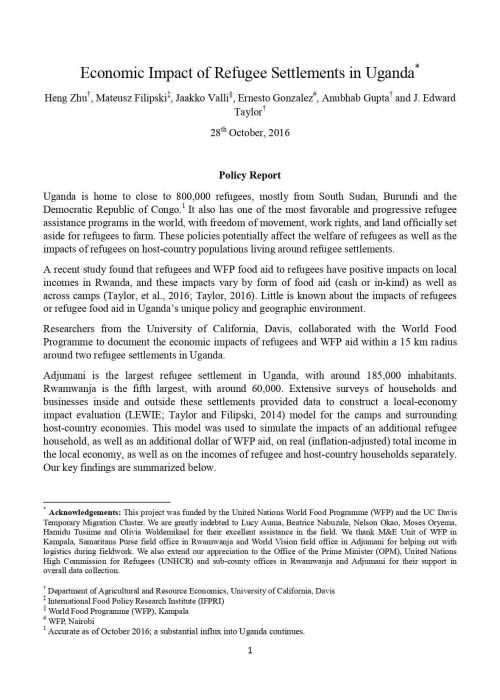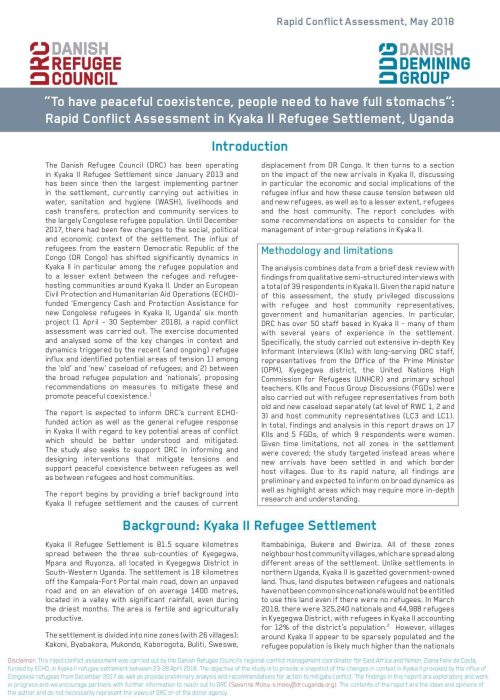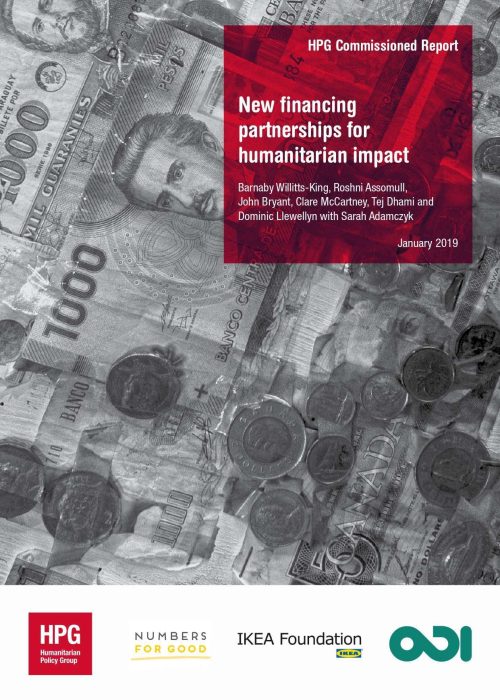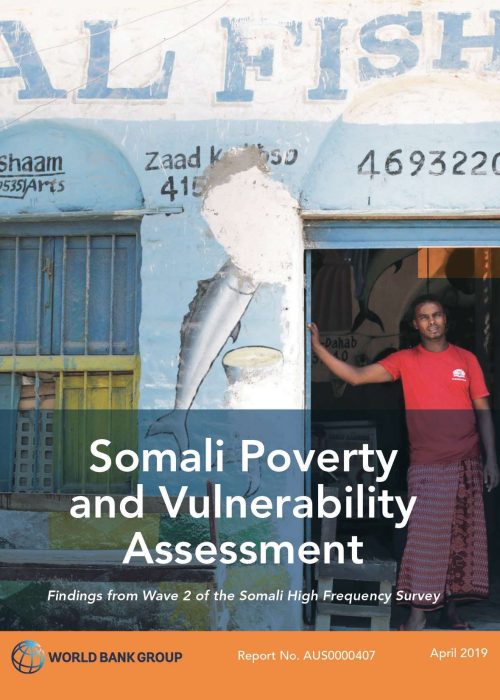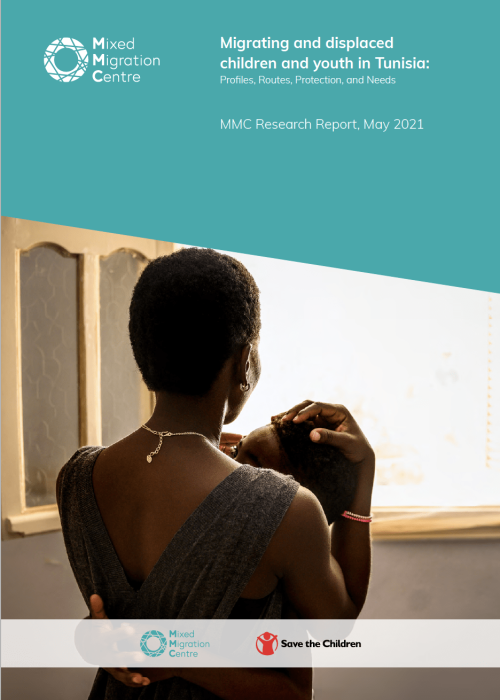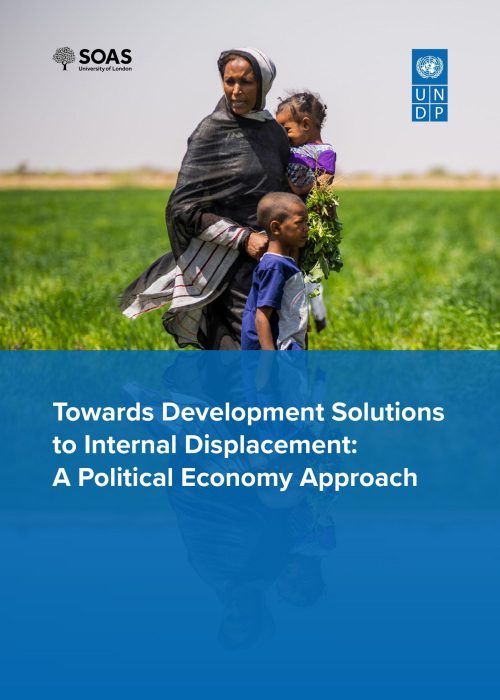UNHCR recognizes that one of the ‘hard stops’ in facilitating mobile connectivity and access to finance for displaced populations is non-conducive regulatory environments. In particular, ID-related legal requirements have proven a significant barrier to access. For example, a refugee who cannot legally activate a mobile connection, open a bank account or access a mobile money wallet in his or her own name may be further marginalized and disempowered as access to information, communication, cash assistance, and transfers is severely limited. Moreover, the lack of legal certainty, inconsistently applied regulations or sudden changes in regulatory expectations as regards identification can disrupt the delivery of humanitarian assistance.
Displaced and disconnected
UNHCR recognizes that one of the ‘hard stops’ in facilitating mobile connectivity and access to finance for displaced populations is non-conducive regulatory environments. In particular, ID-related legal requirements have proven a significant barrier to access. For example, a refugee who cannot legally activate a mobile connection, open a bank account or access a mobile money wallet in his or her own name may be further marginalized and disempowered as access to information, communication, cash assistance, and transfers is severely limited. Moreover, the lack of legal certainty, inconsistently applied regulations or sudden changes in regulatory expectations as regards identification can disrupt the delivery of humanitarian assistance.
Share
| Author(s) | |
|---|---|
| Pages | |
| Publishing Organizations | |
| Theme | Political economy and discourse on displacement and solutions |
| Type of Study | |
| Year Published |
